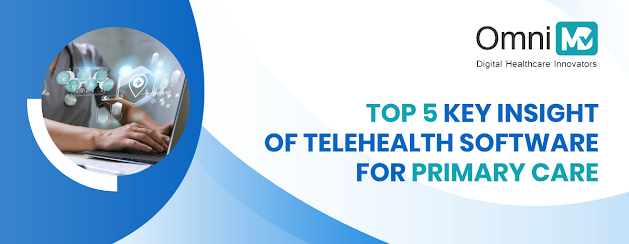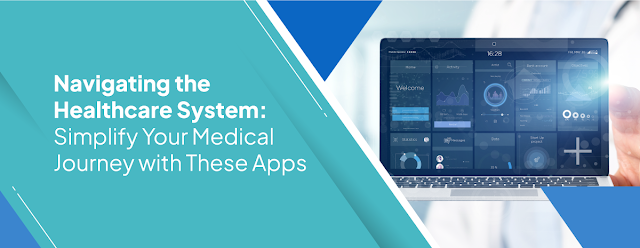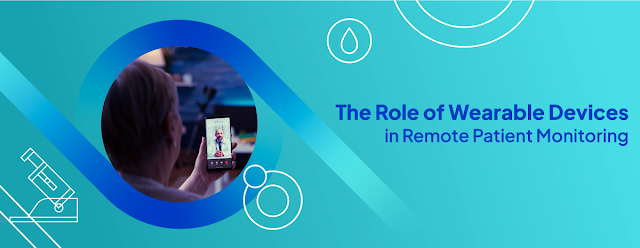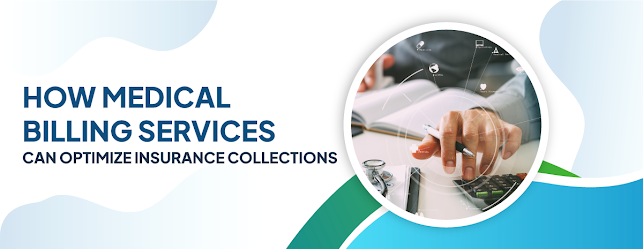Interoperability in Healthcare: Challenges and Benefits!

Introduction In healthcare, interoperability refers to timely and secure electronic health data access, use, and integration. This is to optimize health outcomes for individuals and populations. Securely accessing and sharing health data has always been a big challenge in healthcare. In this blog, let us study some of the challenges and benefits of interoperability in health care. Why Is Healthcare Interoperability Important? Due to the paradoxical nature of healthcare data, it isn't easy to share. It is susceptible, and at the same time, it requires a high level of privacy and security. Also, it may be difficult to access it when needed, which may cause a significant level of harm. Due to a lack of interoperability, an incomplete understanding of an individual's or a population's health needs may arise. This may result in increased healthcare expenses and inferior outcomes. Healthcare Interoperability Challenges Several experts and leaders think that if different system...





